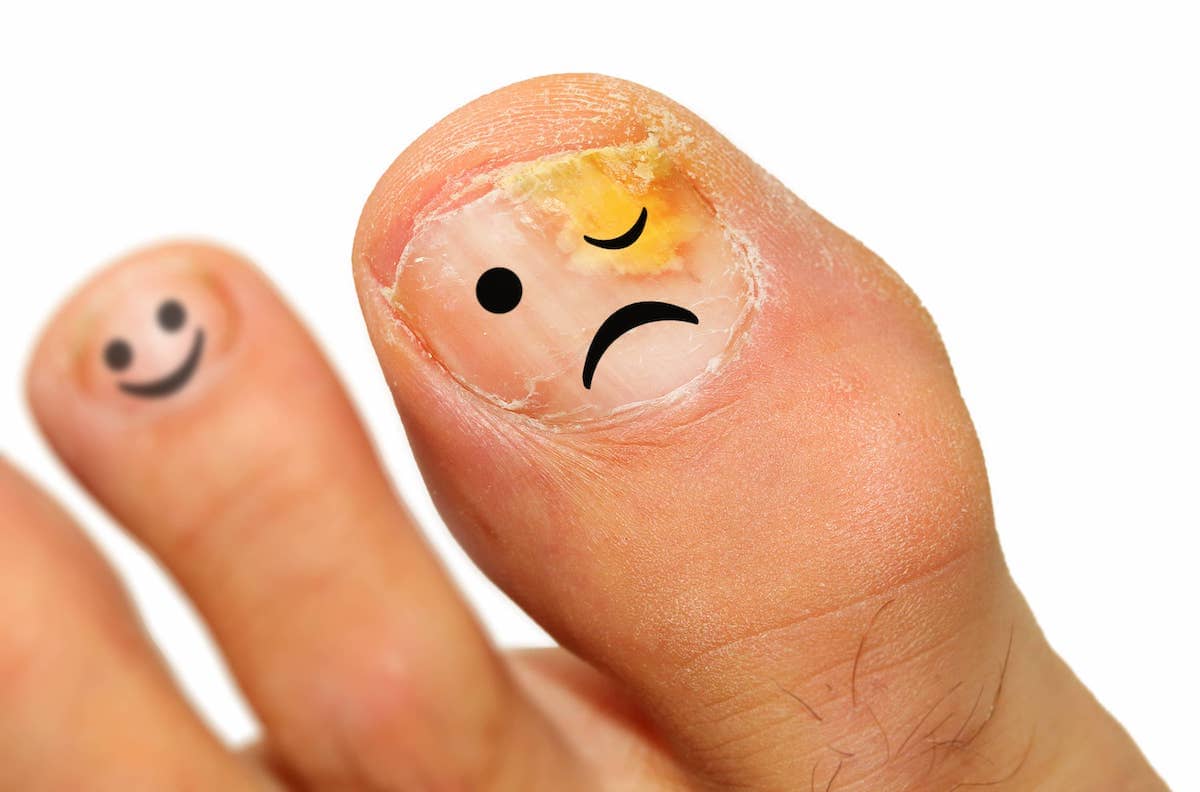The Role of Proper Foot Care in Fungal Nail Infection Prevention and Treatment
Fungal nail infection, also known as onychomycosis, is a common condition that affects millions of people worldwide. While antifungal medications are the primary treatment option for fungal nail infections, proper foot care can play a significant role in prevention and treatment. In this article, we will discuss the importance of proper foot care and its role in preventing and treating fungal nail infections.
Importance of Proper Foot Care: Proper foot care is essential for maintaining healthy feet and preventing a wide range of foot conditions, including fungal nail infections. Some of the key benefits of proper foot care include:
- Preventing the accumulation of moisture: Moisture can be a breeding ground for fungus, making it crucial to keep your feet dry and clean.
- Promoting healthy blood flow: Proper foot care can promote healthy blood flow, which can help prevent infections and other foot conditions.
- Preventing injuries: Regular foot care can help identify any issues or injuries, allowing them to be addressed promptly and preventing further damage.
- Maintaining healthy skin: Proper foot care can help prevent dry and cracked skin, which can be more prone to fungal infections.
- Promoting overall health: Foot care is a vital component of overall health and wellness, as the feet are responsible for supporting the entire body’s weight.
Preventing Fungal Nail Infections: Preventing fungal nail infections involves a combination of proper foot care and lifestyle changes. Some of the key prevention strategies include:
- Keep feet clean and dry: This can be achieved by washing your feet daily and thoroughly drying them, especially between the toes.
- Wear breathable shoes and socks: Avoid tight-fitting shoes and socks, as they can trap moisture and create an ideal environment for fungal growth.
- Avoid sharing footwear: Sharing footwear can spread fungal infections, so it’s important to avoid borrowing or lending shoes.
- Use antifungal products: Antifungal sprays, powders, and creams can help prevent fungal infections, especially if you are at high risk.
Treating Fungal Nail Infections: If you have already developed a fungal nail infection, proper foot care can help improve the effectiveness of treatment. Some of the key treatment strategies include:
- Antifungal medications: Oral and topical antifungal medications are the primary treatment option for fungal nail infections, and can be prescribed by your doctor.
- Over-the-counter products: Over-the-counter antifungal sprays, creams, and powders can be helpful in mild cases, but are less effective than prescription-strength options.
- Laser therapy: Laser therapy is a non-invasive treatment option that uses light energy to kill fungal cells.
- Surgery: In severe cases, surgery may be necessary to remove the infected nail and allow for the growth of a healthy new nail.
Conclusion: Proper foot care is essential for preventing and treating fungal nail infections. By maintaining good foot hygiene and following prevention strategies, you can significantly reduce your risk of developing a fungal infection. If you do develop a fungal nail infection, timely treatment and adherence to proper foot care can help promote faster healing and prevent recurrence. Consult with your doctor if you suspect you have a fungal nail infection or have concerns about proper foot care.
Source: Fungal nail treatment
